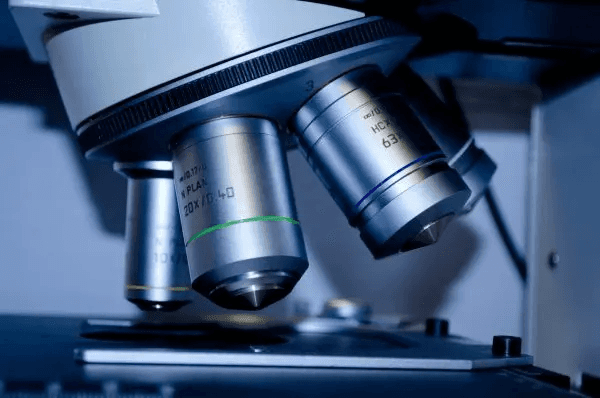
Suchitha Champak
Looking to get a global perspective of the current scenario, we approached Dr Alben Sigamani, one of the renowned senior doctors at Narayana Hrudayalaya. He is involved in conducting few phase 4 clinical trials in patients with breast cancer that are facilitated by the hospital. Being a part of the daily rigmarole with patients in the hospital, he emphasizes on awareness of breast cancer as a major setback in improving diagnosis and treatment in Indian women for breast cancer. He cites that women in general have poor access to healthcare mostly due to lack of awareness and also sometimes because of social inhibition. Thus, educating the public about the condition and also how we can possibly circumvent the circumstances of a disease occurrence becomes paramount. The next hurdle in India after awareness is, access to technology and services. One of the articles here mention a lot of facilities that are already available in India for diagnosis and treatment for breast cancer. Do people know that they exist? Are they sufficient? How helpful are they? Are we ignoring the rural populations that make up the majority of our country? Answers to these questions are quite not objective. They need critical understanding of the present status of service availability, awareness and access.

Early diagnosis is key to saving more lives from cancer
To understand the present scenario of breast cancer diagnosis and treatment, we spoke to Aparna Dhar, a medical geneticist who works with CORE Diagnostics Pvt Ltd, one of the major current players in spearheading innovative diagnostics for many diseases including breast cancer. She emphasises that, “Early detection and treatment correlate directly to better recovery and longer survival”. In recent years, a number of companies like CORE have introduced new screening devices to address the problem of late diagnosis. This includes deploying different technologies, ranging from newer liquid biopsies to advanced Next Generation Sequencing techniques. Alongside, several efforts are being made to achieve easy accessibility to screening and affordability for women in India. The quality of diagnosis and treatment widely depends on where the patient is being treated. Therefore, it is imperative to maintain a standard of health care quality to ensure the best possible treatment outcome.
In general, Aparna calls for an urgent need for secure and affordable diagnosis while Dr Sridhar not only concurs with her, he further elaborates on it. He segregates diagnosis into two different levels – essential basic testing and precision diagnosis for better understanding of the nation’s diagnostic needs. He emphasizes that all the services that are presently available for basic essential diagnosis are well tested and are fool proof without any further research necessary for the time being, provided people get access to it and it becomes affordable. But he adds that, after the type of cancer and stage is ascertained, precision diagnosis still has a long way to go in terms of understanding the disease itself followed by diagnosis and treatment.





